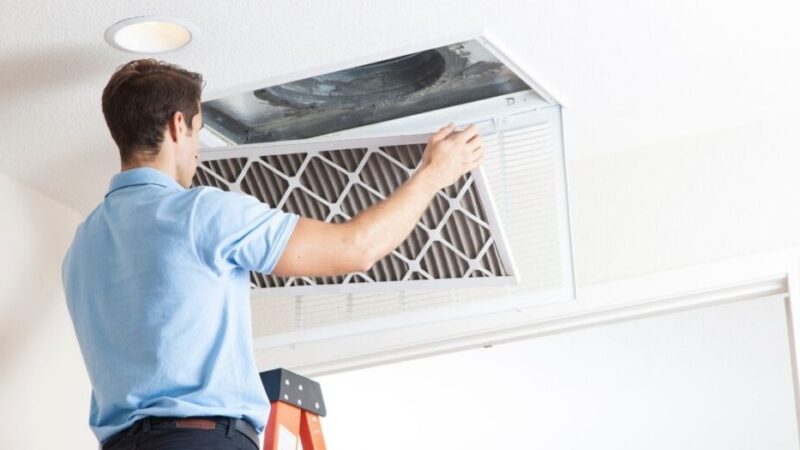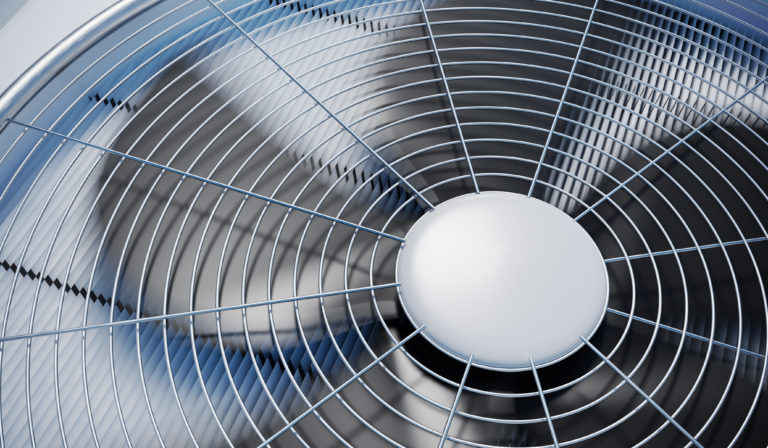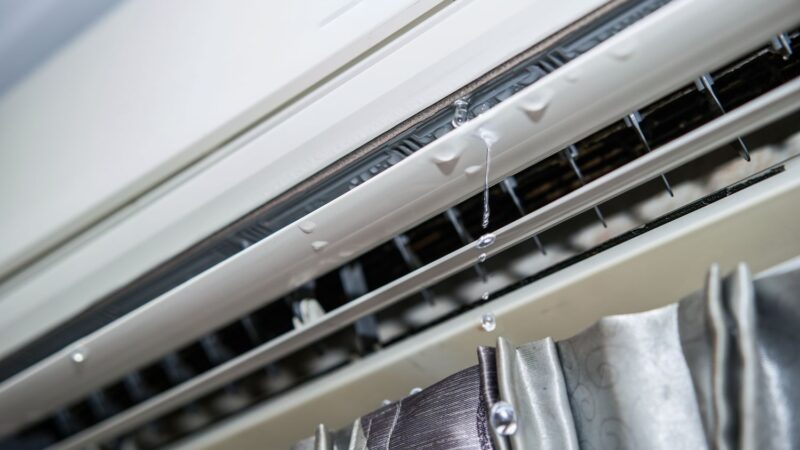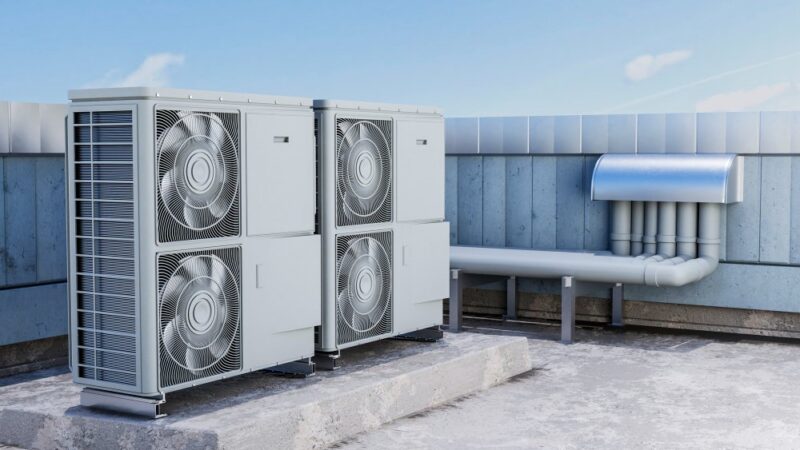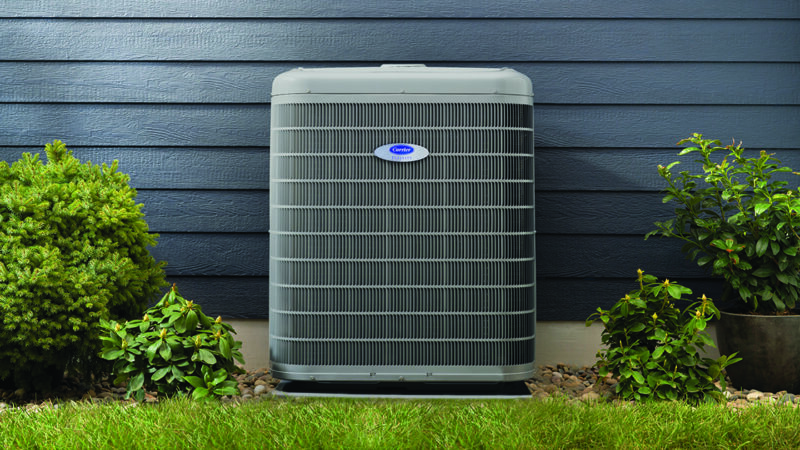Choosing the Best Air Filter for Your Home HVAC System
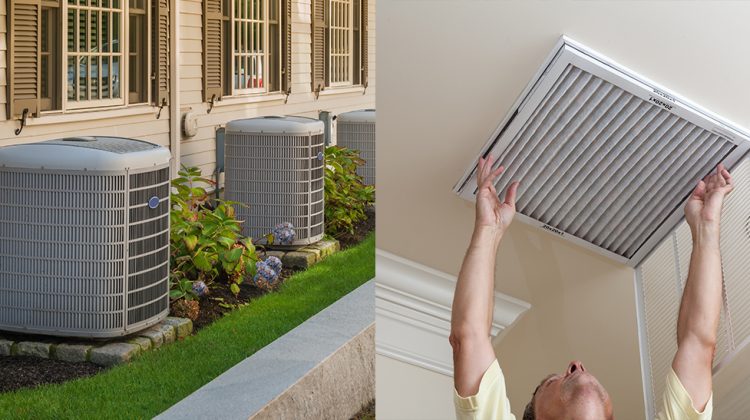
Are you trying to find the best air filter to enhance the air quality in your home? Air filters play a key role in maintaining a healthy indoor environment, from reducing allergens to saving on energy costs.
With so many choices out there, it can be challenging to pick the one that will work best for you. In this post, we’ll dive into why air filters are essential, explore different types and technologies, and discuss the factors to consider to help you choose the right filter for your home’s HVAC system. Keep reading to learn how to select the best air filter for your needs.
Why Air Filters Matter for Your Home’s HVAC System
Air filters are essential to any residential HVAC system. They don’t just trap airborne particles to prevent them from circulating in your home; they also help improve indoor air quality. By capturing dust, pet dander, allergens, and other pollutants, air filters safeguard both the HVAC system and the health of everyone in the household.
Choosing the right filter is key, as different filters vary in filtration power. Filters with higher MERV ratings can capture more contaminants, but they may also restrict airflow if the HVAC system isn’t designed for them. Regularly changing filters is equally important to keep your system running efficiently. By understanding the role of air filters, homeowners can create a healthier indoor environment and help extend the lifespan of their HVAC equipment.
the important thing is to regularly replace and maintain your filter to ensure the best air quality in your living space.
Different types of air filters – MERV, HEPA, activated carbon, and disposable
| Type of Filter | Purpose | Key Features |
|---|---|---|
| MERV Filter | Captures common particles like dust and pollen | Standard filter; rated by Minimum Efficiency Reporting Value (MERV) for filtration strength |
| HEPA Filter | Removes smaller particles, such as pet dander and smoke | High-efficiency filter that captures 99.97% of tiny particles, ideal for high air quality needs |
| Activated Carbon Filter | Removes odors and chemicals from the air | Contains carbon material that absorbs smells, VOCs, and gases, ideal for homes with strong odors or chemicals |
| Disposable Filter | Convenient, low-maintenance option | Designed for easy replacement; ideal for basic filtration and minimal upkeep |
Regular replacement and maintenance of your filter are essential for keeping your indoor air quality at its best.
Tips for Choosing the Right Air Filter for Your Home
- Identify Your Needs: Think about the specific air quality concerns in your home, such as allergies, pet dander, or odors, to find a filter that best addresses them.
- Consider a HEPA Filter: Ideal for homes with pets or allergy sufferers, HEPA filters capture fine particles, including pet dander and allergens, ensuring cleaner air.
- Look into Electrostatic Filters: These washable, reusable filters are budget-friendly and can capture various airborne particles. They’re a good option if you’re looking for a more sustainable choice.
- Choose Activated Carbon for Odor Control: If eliminating smells or VOCs (volatile organic compounds) is a priority, activated carbon filters are designed to neutralize odors and absorb chemicals effectively.
- Regular Replacement is Key: Regardless of the filter type you choose, remember that regular replacement or cleaning is essential for maintaining air quality and the filter’s efficiency.
Benefits of Choosing the Right Air Filter
- Promotes Healthier Air: The right filter reduces pollutants and allergens, leading to cleaner, safer air for you and your family or coworkers.
- Enhances Indoor Air Quality: Filters trap dust, pollen, and other irritants, creating a more comfortable and healthier environment.
- Improves HVAC Efficiency: A well-suited filter keeps dirt and debris from building up in your HVAC system, allowing it to function smoothly.
- Extends System Lifespan: By preventing clogging and strain on the system, the right filter can help your HVAC system last longer and operate more reliably.
- Saves on Energy and Maintenance Costs: With less dirt in the system, your HVAC uses less energy and requires fewer repairs, reducing overall costs.
How Often to Replace Your Air Filter and Why It Matters
Regularly replacing your air filter is key to maintaining a clean, healthy indoor environment. Air filters work hard to capture dust, allergens, pet hair, and other particles that can impact your respiratory health. Most experts suggest changing your filter every three months, though households with pets or allergy sufferers may need to do it more frequently.
A clogged filter can restrict airflow, making your HVAC system work harder, which leads to higher energy bills and potential wear on the system. Simply put, changing your air filter improves the air you breathe and helps your HVAC system run efficiently, ultimately saving you money on energy and maintenance.
Advantages of Hiring a Professional HVAC Technician
- Expert Guidance on Filter Selection: Professionals know the full range of air filter options and can recommend the best fit based on your specific needs, lifestyle, and budget.
- Accurate Fit and Installation: A technician ensures that the filter fits perfectly and is installed correctly, which optimizes air quality and system performance.
- Improved Air Quality: With proper installation and filter choice, a professional can help enhance indoor air quality by effectively trapping dust, allergens, and pollutants.
- Prevents Future Repairs: A correctly installed and maintained filter reduces strain on your HVAC system, helping to avoid costly repairs down the road.
- Enhanced Comfort and Efficiency: Relying on professional expertise can make a noticeable difference in your home’s comfort and energy efficiency.
Recommendation
The Ultimate Guide to Increasing Your HVAC Lifespan
8 Most Common Types Of HVAC Systems
Air Conditioner Smells Musty? Here’s How to Fix It
How Much Electricity Does an Air Purifier Use?
Conclusion
In Conclusion, Choosing the right air filter is essential for improving your home’s air quality by reducing allergens, dust, and pollutants. With many options available, selecting the best one for your needs is important. Regular replacement and maintenance of your filter ensure optimal air quality and efficiency, saving energy and extending your HVAC system’s lifespan. Understanding the importance of air filters helps keep your home comfortable and healthy.
FAQs
Q1: Which filter in AC is best?
A1: The American Society of Heating, Refrigeration, and Air Conditioning Engineers (ASHRAE) recommends filters with a MERV (Minimum Efficiency Reporting Value) of at least 6 for basic filtration. Most homeowners find that MERV 8 filters are effective for general air quality. For higher filtration needs, such as reducing allergens, a MERV 8–13 filter is suitable, while hospitals typically use filters rated MERV 14 and above.
Q2: What is the most effective type of air filter?
A2: HEPA filters are among the most effective, with a high MERV rating (usually near 16). These filters capture 99.97% of airborne particles as small as 0.3 microns, making them ideal for people with allergies or respiratory issues.
Q3: Which PM filter is best for AC?
A3: PM 2.5 filters are designed to capture fine particles like those produced by combustion from vehicles, stoves, and furnaces. This type of filter can be highly effective in an air conditioner to trap these smaller pollutants and circulate cleaner air back into your living space.
Q4: How long do AC air filters last?
A4: Generally, it’s recommended to replace your AC filter every 90 days, or approximately every 3 months. However, factors like pets, dusty environments, and the age of your system may require more frequent changes.
Q5: Which type of filter is the best?
A5: For water filtration, reverse osmosis (RO) filters are among the most efficient. These systems remove a high percentage of contaminants, including bacteria, by forcing water through a fine membrane, resulting in highly purified water.
Q6: Which filter is most efficient?
A6: HEPA filters are highly efficient, meeting the U.S. Department of Energy standard by capturing 99.97% of particles 0.3 microns or larger. They are particularly beneficial in reducing airborne allergens and pollutants.


